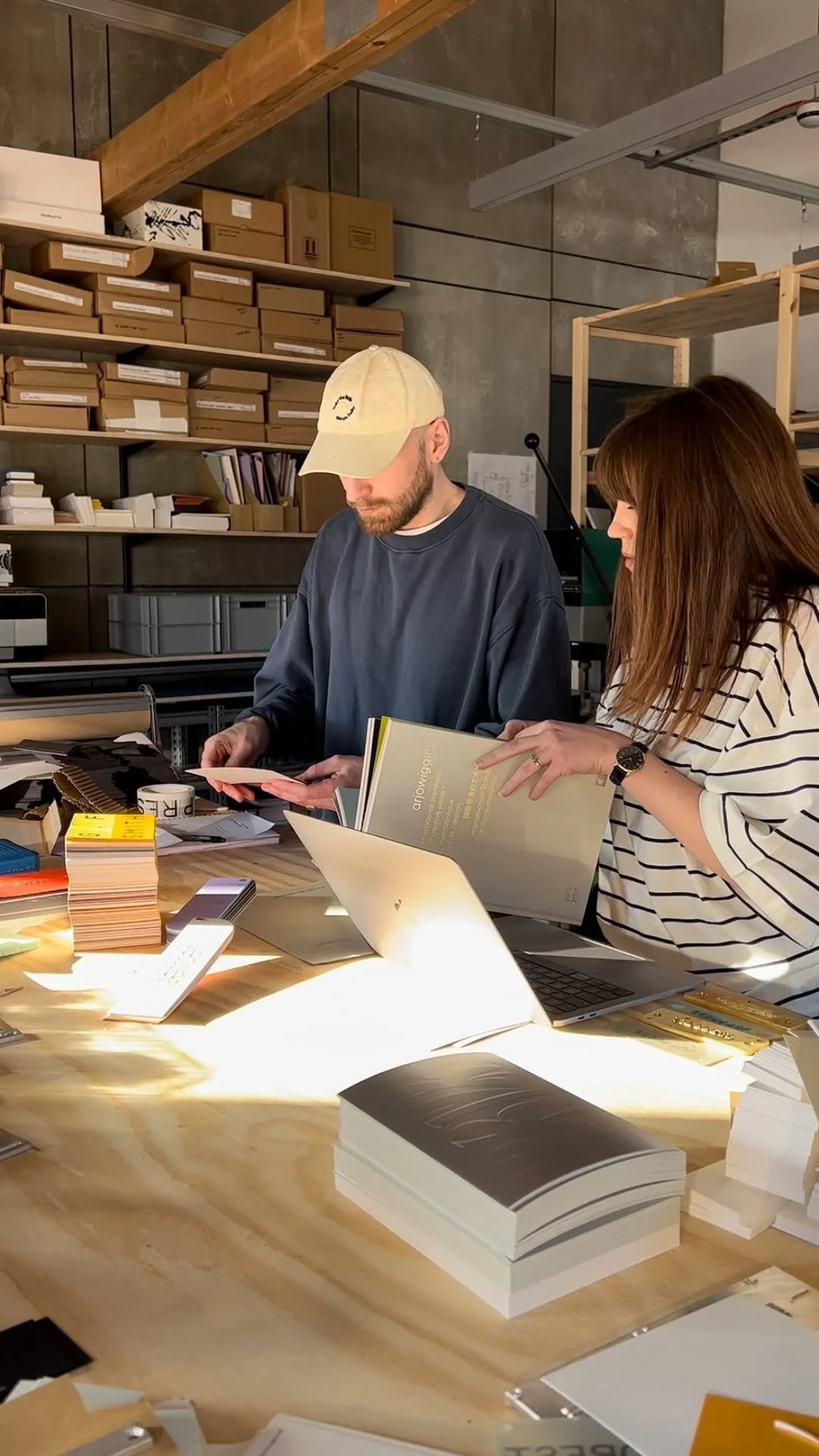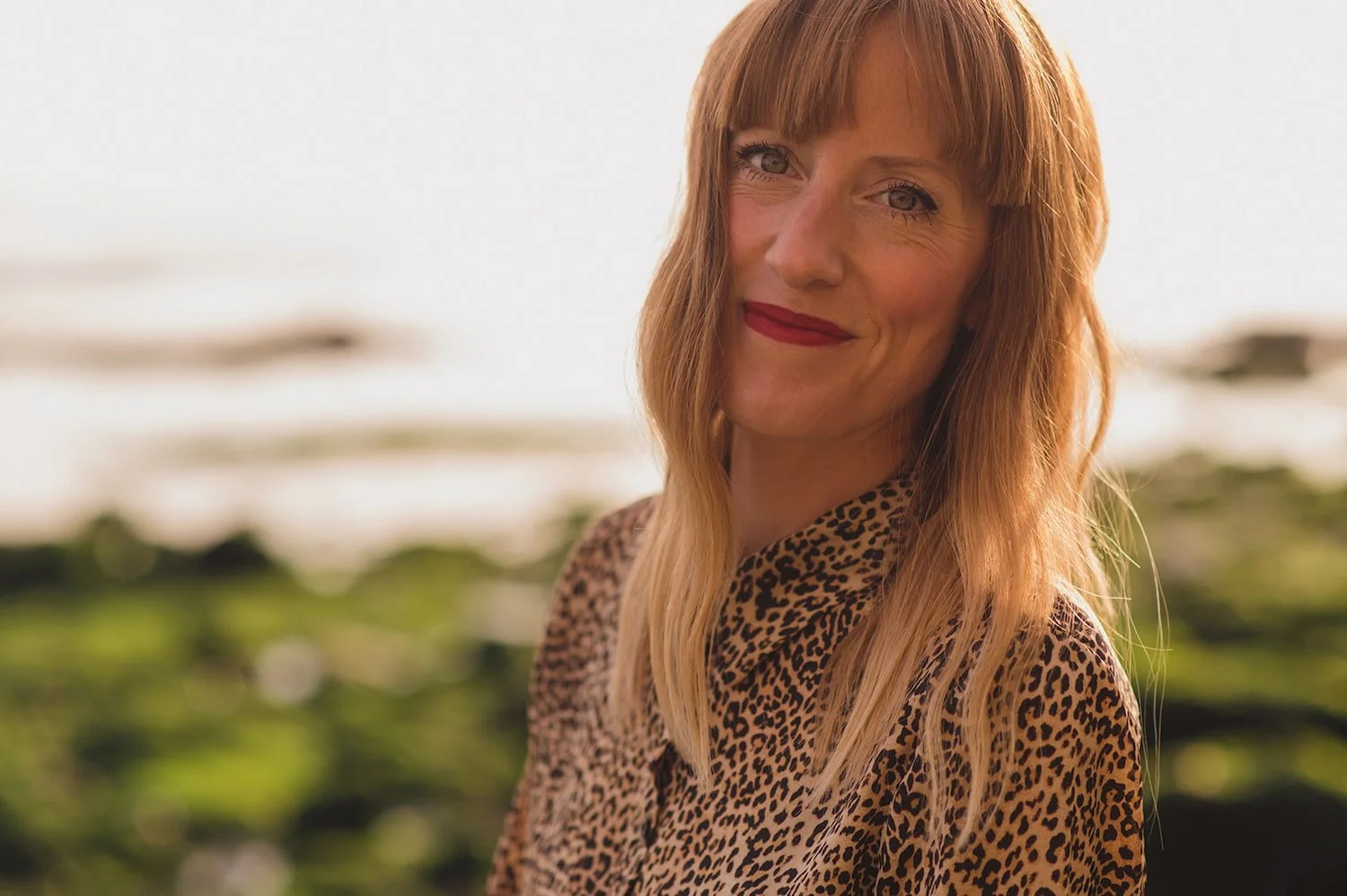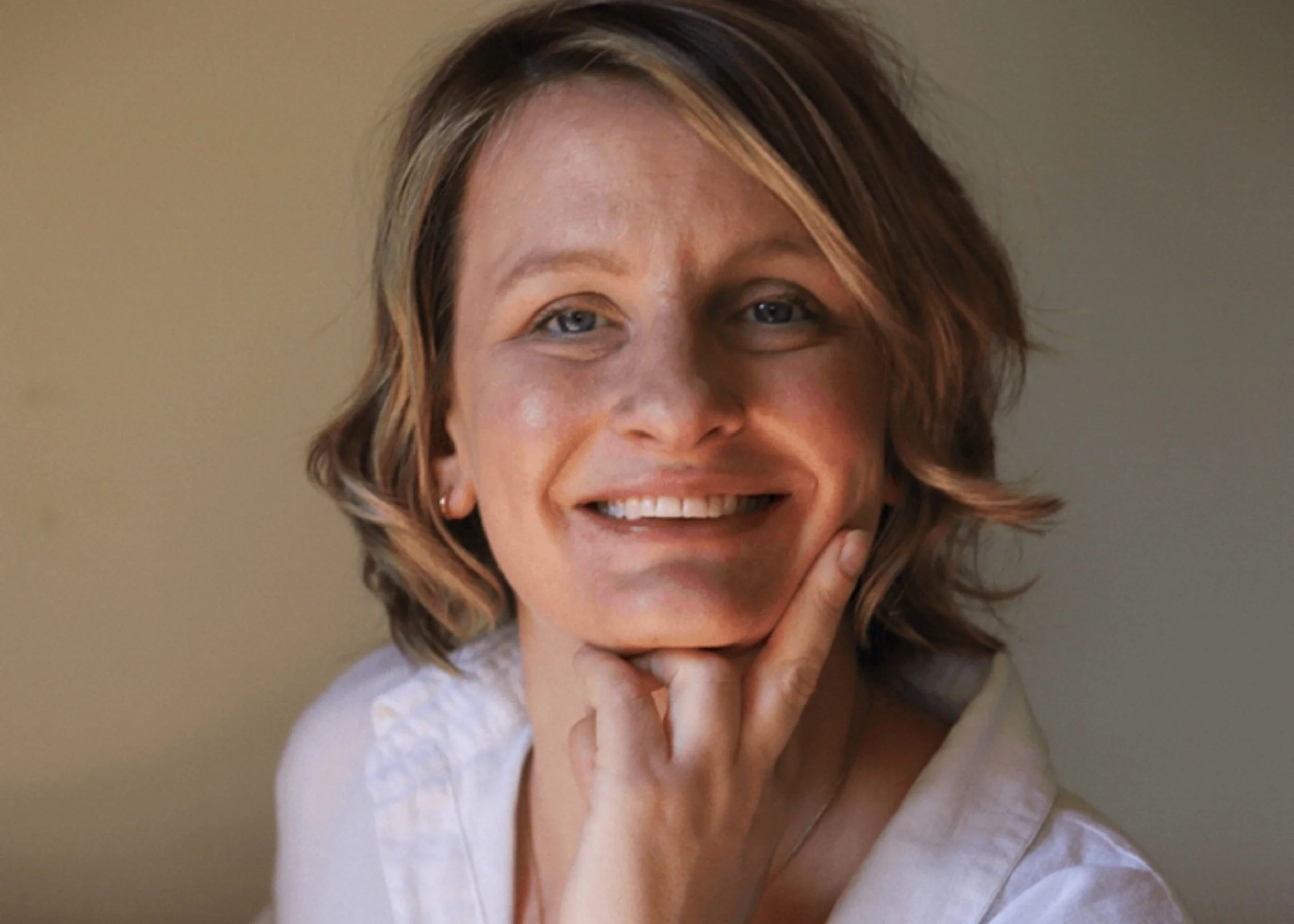Journal
Inside our blog, you’ll find resources created to guide and inspire—from branding clarity to website strategy and design advice. Whether you’re planning a future project or refining what you already have, these articles are here to help you grow your business with confidence.
Foil blocking & embossing: Premium print finishes explained
Discover why luxury print still matters. Explore foil blocking, embossing, sustainable materials, and expert tips for brands wanting elevated, tactile print
December blog ideas: Inspiration for festive interior design content
Get inspired with December blog ideas for interior brands. Boost your SEO with festive interior design content to grab readers attention and boost web traffic
Decadent orange & cream cheese mince pies (2026 recipe)
Indulge in this twist on the Christmas classic: a mince pie recipe with orange & cream cheese; a rich and zesty delight that elevates the timeless flavours
Stop blending in: Brand photography tips to be memorable
Discover how intentional brand photography can make your business memorable, attract ideal clients, and elevate your visual identity online
November blog ideas: table setting, parties & cosy nights in
Spark November blog ideas for home brands: boost your SEO with inspo on table settings, festive parties and cosy night content to engage and attract readers
Want a magnetic brand strategy? Build it on your beliefs
A winning brand strategy isn’t just about logos—it’s about beliefs. Discover how leading with your opinions makes your brand magnetic, trusted and unforgettable
October blog ideas: Autumn aesthetic, wreaths & Halloween
Creative October blog post ideas for interiors & garden websites to attract clients & boost SEO: Autumn aesthetic, wreaths & Halloween
Essential website questions business owners ask first (2026)
Answers to the big website questions small business owners ask—from website SEO to AI, design to DIY. Weekly, actionable, jargon-free advice that gets results
How much is Squarespace VAT on its hosting? (2026 guide)
A breakdown of the true cost of Squarespace VAT on its website hosting plans, including VAT. An up to date guide to help you plan for your Squarespace website
September blog ideas: media walls, bookshelves & table lamps
September blog ideas for interior brands with trending topics like media walls, bookshelves & table lamps to attract search traffic and grow visibility online
Transform your branding with a compelling tone of voice
Discover why your brand’s tone of voice is as vital as its design & why matching your words to your visual identity makes your branding stronger and memorable
August blog ideas: seclusion, focus, transitions & tech
Creative August blog post ideas for interiors & garden websites to attract clients & boost SEO: seclusion, focus, transitional spaces & incorporating tech
Seven signs you need a coach to unlock your brand potential
Discover the key signs it’s time to hire a business coach—and how the right support can transform your mindset, clarity and brand confidence
July blog ideas: classics, boho, adventure & cult faves
Creative July blog post ideas for interiors & garden websites to attract clients & boost SEO: classic English summer, boho vibes, adventure & cult fave designs
Substack vs blogging: what's better for your brand in 2026?
Substack vs your website blog: which is better? Learn the pros, cons and how to use both to build your brand and connect with your audience sustainably this year
June blog ideas: sanctuaries, garden parties & travel (2026)
Inspiring June blog post ideas for interiors & garden websites to attract clients & boost SEO: sanctuaries, garden parties, lounging, travel & garden care
Keywords: how to make your website more searchable
Not sure where to start with keywords? Here's a jargon-free guide to help you get found on Google and bring more of the right people to your website
Tips for a great garden design website at RHS Chelsea 2026
Website tips for garden designers, landscape gardeners & landscape architects to get your website ready for the gardening season
Tips for a high converting garden design website at RHS Chelsea 2026
Tips for garden designers, landscape gardeners & landscape architects to build a maillist via your website off the Spring rush or an RHS flower show.
SEO tips for garden centre websites (RHS Chelsea 2026 guide)
How to attract more traffic to your garden centre website via RHS Chelsea - simple ways to boost your website SEO with simple blog content that Google will love





















